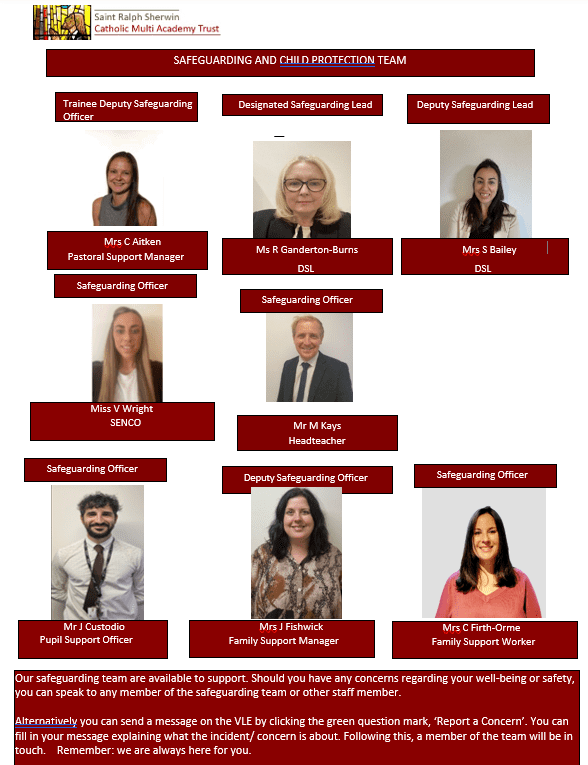FGM Act 2003 and the Law
“Female genital mutilation comprises all procedures involving the partial or total removal of the external female genitalia or other injury to the female genital organs for non-medical reasons. It has no health benefits and harms girls and women in many ways”. Statement from the World Health Organization, 2011
Child protection: The FGM law protects girls and women who are either British nationals or UK permanent residents and prevents their parents or guardians from taking them outside of the UK for FGM. ALL girls, however, no matter their immigration status, are protected while they reside in the UK from FGM and all other forms of child abuse through the UK Child Protection laws and the FGM Act of 2003. FGM is considered to be a form of child abuse. Local authorities may take action against it under section 47 of the Children Act 1989; they can apply to the courts for various orders to prevent a child being taken abroad for FGM.
It is illegal for a girl or woman living in the UK to have FGM either at home or abroad. The maximum penalty for anyone organising or carrying out FGM is 14 years in prison.
For more information contact: FORWARD – The Foundation for Women’s Health, Research and Development – for Africa women & girls. Tel: 020 8960 4000 www.forwarduk.org.uk or access local guidelines at www.ddscp.org.uk
What if you are worried that someone is at risk of FGM?
If you are worried that you, your friend, or your sister is at risk of FGM here in the UK or of being taken abroad for FGM, it is very important that you do something to stop FGM from taking place. Remember, FGM is against the law and is harmful to girls. Sometimes the warning signs may only be rumours, but it may be worth telling someone to be on the safe side. You will only be seen to be helping in the long run.
Take immediate action:
· You can get help and advice. Do not stay silent.
· Talk to a trusted adult about the situation – a teacher, school nurse, GP, family friend or close relative
· Call the contact numbers at the back of this information guide
· Contact Children and Young People’s Services at your local council
· Speak to the Police Child Protection Team
· If the girl is at immediate risk, call the police on 999
· If you are abroad you can still contact the nearest British Consulate, Embassy, or High Commission for help.
Professionals are required to treat any reported case of FGM as a child protection issue and start a child protection referral. This means that Children’s Services will treat this as a serious concern and organise a meeting to assess the case. This investigation will also try to find out if other siblings in the family are at risk. Parents may be part of this meeting to discuss the concern. A girl will not automatically be taken away from her home. This will ONLY happen in rare cases when the parents fail to guarantee that they will not cut their daughter. Many professionals will be involved in a child protection case. They include teachers, nurses, children’s services, the police and voluntary organisations. They all have a duty to help stop FGM in the UK.





